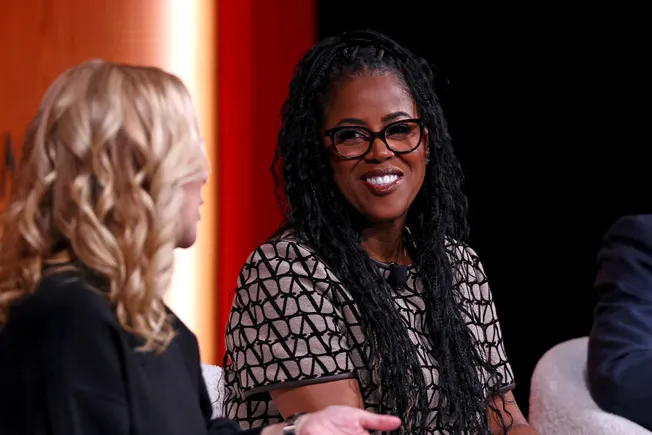Dive Brief:
- While almost all Fortune 500 companies made DEI commitments after the death of George Floyd, only 27% showed verified follow-through for women of color, according to analysis from law firm Shegerian Conniff.
- Big Tech companies “pledged the most but had the least improvement,” the report said — with women of color comprising only 4% of leadership at companies like Apple and Google.
- The firm looked for measurable progress in hiring, retaining or promoting women of color; in particular, it noted that Black women were still 2.6 times more likely to be in an entry-level position than an executive role.
Dive Insight:
As late as 2022, corporate boards of directors seemed to be making DEI progress. Analysis from an executive search and advisory firm showed that S&P 500 boards were slowly diversifying. That year, 72% of new board appointees were women, racial or ethnic minorities, or members of the LGBTQ+ community.
At the time, a lead for the firm said they expected the trend to continue “as we’re seeing a growing push for diversity among stakeholders.”
By 2024, death knells were sounding for corporate diversity; that year, a different firm had analyzed Fortune 500 boards of directors and found employers were “[struggling] to operationalize DEI goals effectively.”
Likewise, the advocacy group 50/50 Women on Boards noted that gender diversity was at a standstill for Russell 3000 boards.
Myriad barriers may be at play. From the top down, women from underrepresented groups continue to report microagressions and overt disrespect at work through McKinsey’s Women in the Workplace reports.
And Latina HR experts have explained that a grateful-to-be-here mentality can sometimes hold some workers, especially those with immigrant backgrounds, back in the corporate world. Advocates for Asian women workers have expressed similar sentiments.
Moreover, one BIPOC career coach told HR Dive that the isolation Black and brown women face at work can also impose challenges.
To address some of those challenges, employers can create frameworks where more quiet women get a chance to speak up, one source previously said.
HR also can get very concrete and transparent about pathways to promotion — another suggested a quantitative, specific approach to advancement to help eliminate bias and give women of color a tangible path forward.






Leave a Reply